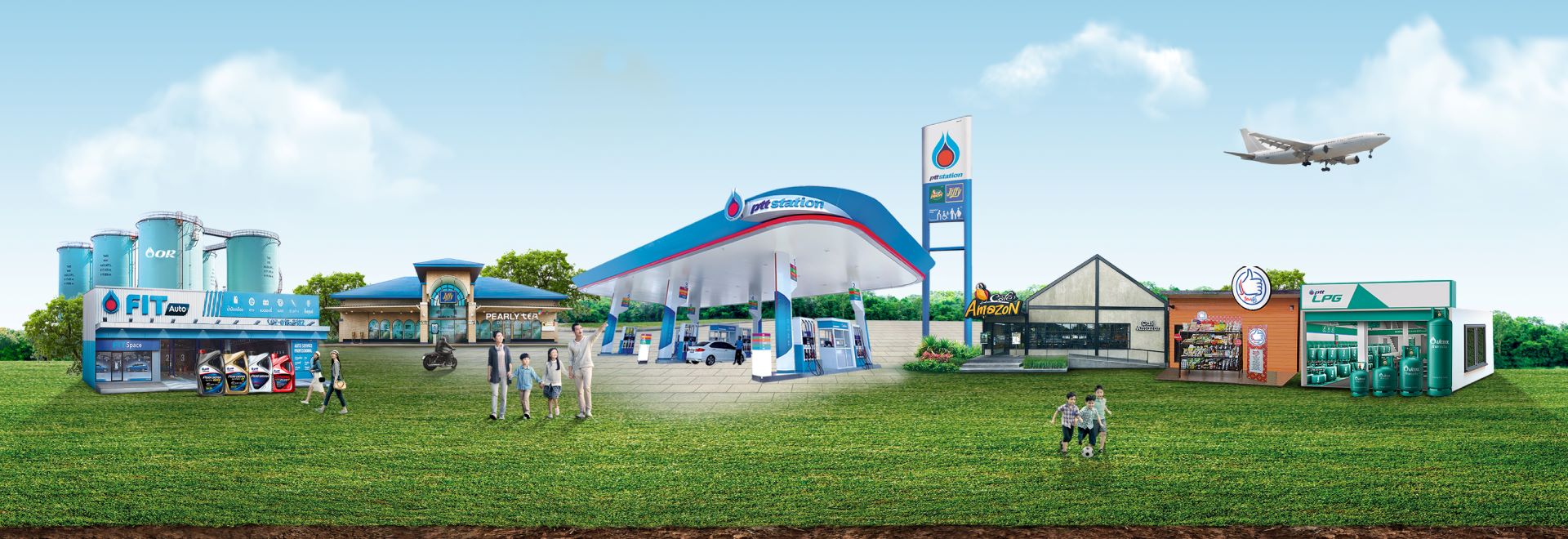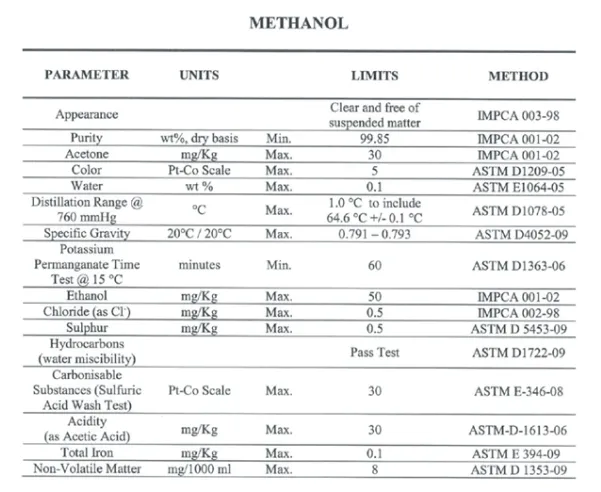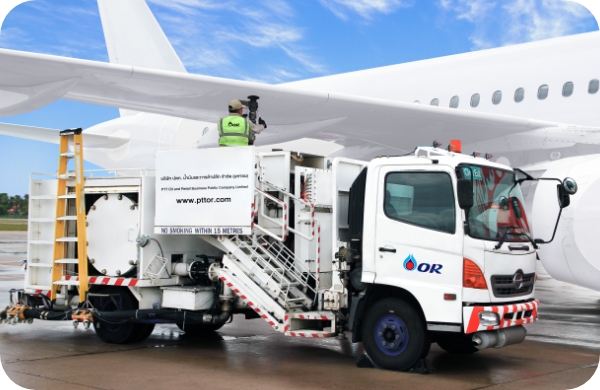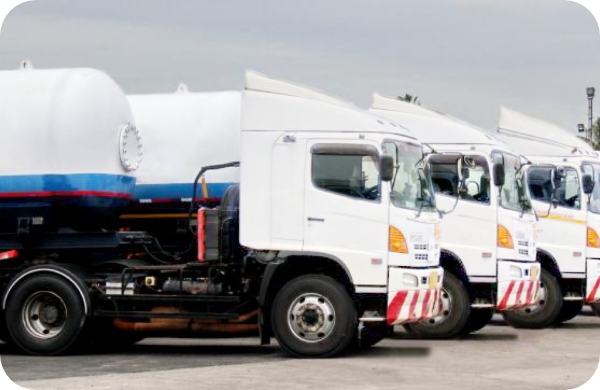
- Home
- >
- Product & Service
- >
- Specialities Products
Specialty Products
1. Asphalt
Asphalt means complex, organically contaminated hydrocarbon compounds commonly known as ‘bitumen’, the heaviest yield from the distillation process of crude oil. Asphalt is highly viscous to semi-solid, dark brown to black in color.
Unique characteristics
(1) For adhesion and cementation: Used as cementing materials, such as with rock fragments and scraps to pave roads and highways.
(2) For sealing: Used as sealing materials to prevent fluid penetration.
(3) Thermoplastic: Because of its physical property to become solidified at low temperatures and liquefied at high temperatures known as thermoplastic, asphalt can be easily transported and mixed with other materials at higher temperatures and at low-temperature environment, while the mixed materials can be solidified with strength. Asphalt is therefore a perfect material for road pavement.
(4) Durability: Asphalt is durable to any work environment, including low acidic or corrosive and basic environment.
Asphalt is composed of 3 constituents:
(1) Asphaltenes
Asphaltenes are brown to black powder, not melting at any high temperature but splashing as fire balls.
(2) Asphaltic resin
Asphaltic resin is the outer ring of asphaltene, dark brown in color, rigid but brittle, and can therefore be broken down into powder. The resin is melted at around 100 degrees Celsius.
(3) Oily constituents
Oily constituents are dark brown to reddish brown in color and highly viscous like lubricating oil.
Types
Asphalt used for road pavement and construction is grouped into 3 different types:
(1) Asphalt cement (AC)
Asphalt cement is semi-solid/semi-fluid at normal temperatures, black or blackish brown in color, melting at 100-140 degrees Celsius and grouped into three grades after.
• Penetration-grade asphalt cement is the basic grade derived from direct crude oil distillation.
• Blown-grade asphalt cement is derived from heating penetration-grade asphalt cement with superheated air-blow at 250-300 degrees Celsius. The output is higher durable asphalt, resistant to collision and heat.
• Hard-grade asphalt cement, derived from further distillation of penetration-grade asphalt cement under super-high temperatures and a vacuum environment, is highly durable and resistant.
(2) Asphalt emulsion
Asphalt emulsion is a mixture of asphalt cement and water, broken down into dust-like particles and fused with emulsifier chemicals. The output is emulsion-based asphalt, used as spray on road pavement. Upon evaporation of emulsion, residual asphalt remains. The asphalt emulsion is specifically used as prime coat or tack coat, a road pavement technique on existing roads without an adhesive surface.
• Rapid-Setting CRS-1 and CRS-2
• Medium-Setting CMS-2 and CMS-2h
• Slow-Setting CSS-1 and CSS-1h
(3) Cutback Asphalt
Cutback asphalt is a mixture of asphalt cement and various solvents known as ‘diluents’ or ‘cutter stocks’ such as naphtha, kerosene, and diesel. It is liquid at room temperature. When in use for road construction, it is crushed into dust-like particles and subsequently applied. The diluent evaporates slowly, leaving the cutback asphalt to solidify as asphalt cement. There are 3 main types of cutback asphalt, classified by type of solvents:
• Rapid-Curing (RC), a mixture of asphalt cement with rapidly evaporated solvents of gasoline or naphtha.
• Medium-Curing (MC), a mixture of asphalt cement with mediocre evaporated solvents of kerosene.
• Slow-Curing (SC) or Road Oil, a mixture of asphalt cement with slowly evaporated solvents of diesel. Slow-curing cutback asphalt has never been used in Thailand.
2.Condensate
Condensate is natural gas when in subsurface reservoirs, but after flowing up to the earth surface, turns into liquid. It is refined in distillation towers, much like the separation process of natural gas.
3. Lube Base Oil
Lube base oil is feedstock for lubricating oil. OR is currently the largest producer of lube base oil in Thailand.
4. Sulfur
Sulfur is a by product obtained from a refinery, used in a variety of industrial processes.
5. Methanol
OR imports and distributes methanol to various domestic plants producing B100 biodiesel, vegetable oil, paints and coatings, adhesives and others.

6. Odorless LPG
Odorless LPG is identical to cooking LPG but without mercaptan, a foul-smelling chemical compound generally used for safety precaution. It is used for aerosol production.
7. Ammonia
Ammonia is a chemical compound used in a variety of industries, including seasoning powder, fertilizer, cleansing agents, monomer for nitrogen-based chemical production, latex and concentrated latex production, metallurgical industry and refrigerant production. PTT Group is the largest importer and distributor of ammonia in Thailand.
Customer Services
Product Delivery Management
With its mission on national energy supply security, OR has built oil depots across the country, providing readiness for energy inventory and distribution to customers nationwide. Should any depot or service station be out of service, other depots can immediately respond for alternative delivery without interruption or loss to OR’s customers.
Quality and timely delivery
Strictly adhering to the principle that customers must always receive good products, meaning high quality, correct, complete and on-time delivery, OR has installed a satellite signal transmission system on product transport vehicles to monitor all travel with continuous reports. It has also installed the Track-co Graph system to monitor speed and lapse time.
Product quality control and petroleum product quality inspection services
OR has a quality control system and laboratories certified by ISO/IEC Guide 25 that conduct fuel quality inspection to meet the requirements of the Ministry of Commerce. Inspections are done before receiving fuels into OR’s depots and distribution to customers. Additionally, OR conducts random fuel inspection both at OR’s depots and at customers’ plants and provides inspection reports to customers to provide quality guarantee and foster confidence in OR’s products.
Product and application safety education
Provide education on petroleum products and machinery maintenance by well-versed engineers to support fuel decisions and improve safety for customers and public properties. Provide tours to oil refinery facilities and GSPs for an understanding about production processes and safety standards.
Steam boiler efficiency assessment service
Conduct efficiency assessment service for steam boilers by engineering expert teams, report assessment results and provide recommendations to maximize customers’ efficiency, including energy saving, extending machinery life, safeguarding the environment, and reducing air pollution resulting from incomplete combustion exhaust.
Consultation service on equipment construction or renovation
With our expertise in designing and constructing fuel storage equipment, OR gladly provides complimentary consultation in designing and renovating sites or equipment used for fuel storage. Our consultation includes advice on applying for Licenses to Operate Fuel Storage Facilities as regulated by the Department of Energy Business, Ministry of Energy.
Additional services related to other developments
To improve product quality and increase productivity in different aspects of the industry sector, OR also offers services including
1. Provision of expert 5S training (Thai version of Organization, Orderliness, Cleanliness, Standardization, and Discipline) and QSHE to improve productivity.
2. OR’s research and technology institute with extraordinary capability and state-of-the-art petroleum technology.
3. Provision of expert consulting services and solutions to various industries on energy conservation.
For inquiries or product orders
Please contact: Industrial Sales Division, Tel 02-196-5361, Fax 02-196-5360
Specialty Product Sales Division, Tel 02-196-5330, Fax 02-196-5356
Site map
- About
- Organization
- Career
- Oil Business
- - Retail Energy Solution
- - Commercial Business
- Retail Business
- Services
- International Business
- Business Opportunity
- Sustainability
PTT Oil and Retail Business Public Company Limited
555/2 Energy Complex Building B, 12th Floor, Vibhavadi Rangsit Rd., Chatuchak, Bangkok 10900
© 2024 OR Tel : 02 196 5959






